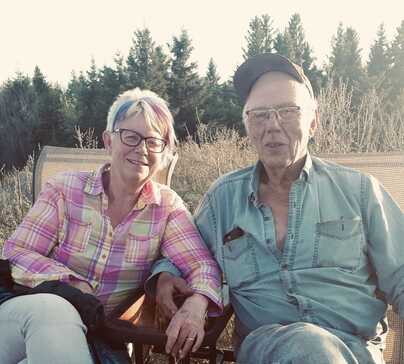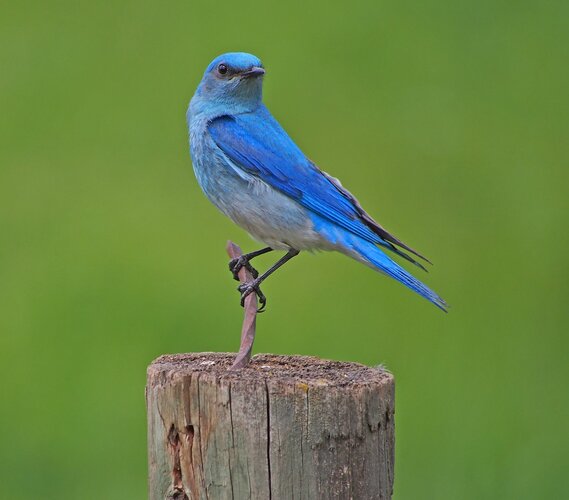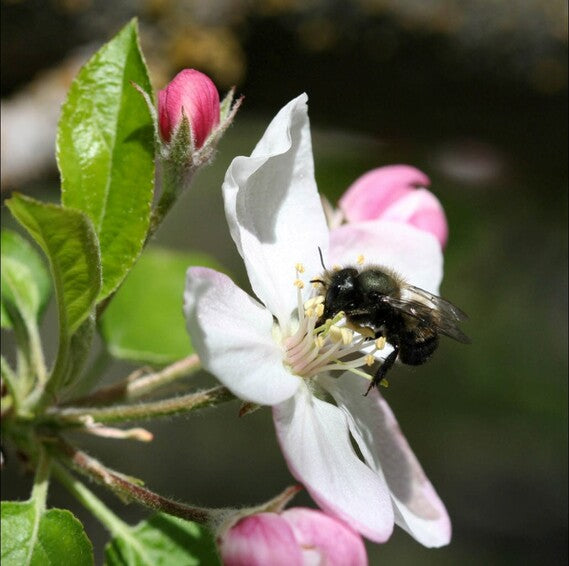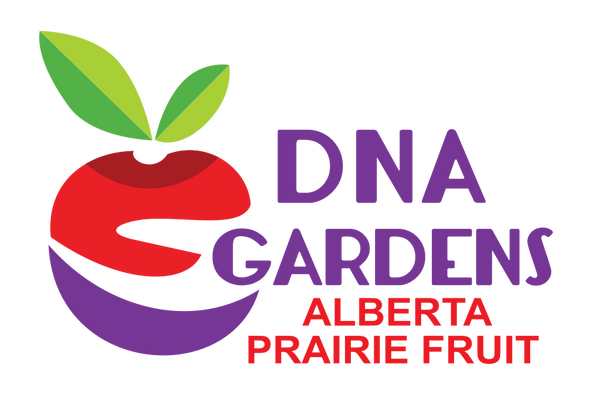
Meet Dave and Arden : The D and A of DNA Gardens
Proudly Stewarding the land on the farm
DNA Gardens is one of the world’s oldest commercial producers of Saskatoons, with over 50 years of growing fruit in the tough prairie climate.
We’ve worked with top breeders like Dr. Ieaun Evans, Lloyd Lee, and the University of Saskatchewan to introduce exciting new varieties — including Evans Cherries — and have produced thousands of pounds of Saskatoons, cherries, and black currants along the way.
Today, we focus on value-added products like wine and spirits, making the most of every harvest. Dave and Arden have just celebrated their 50th wedding anniversary, and their portrait appears on our Head Over Heels wine — a delightful blend of rhubarb and strawberry.
For us, it’s more than farming — it’s a family and community journey, with children, friends, and grandchildren sharing our love for the land and prairie-grown fruit.
Our Eco Footprint
Stewardship that Makes Food Taste Better 🌱
At DNA Gardens, caring for the land isn’t just good practice — it’s what makes our fruit tastier, more nutrient-dense, and full of life. Stop by our little oasis in Elnora, Alberta, and see the amazing wildlife our orchards sustain.

Birds
We have over 100 bird boxes throughout the orchard. House wrens and swallows, both territorial species, help keep “bad birds” like berry-eating goldfinches at bay, protecting our fruit while creating a lively, balanced ecosystem. In 2017, we were thrilled to finally see three bluebird houses occupied!

Pollinators
We welcome mason bees and native pollinators, encouraging them by increasing plant diversity. Dutch clover in our orchard rows provides nitrogen for the fruit plants and pollen for the bees. Healthy pollinators = bigger, better, more abundant fruit. Our natural areas also support beneficial insects that help keep pest populations in check.
We make compost, grow worms to produce nutrient-rich worm tea, and feed our orchards with living micro-organisms. We haven’t used 2,4-D in years, letting clover and other cover crops naturally compete with weeds. Bats help control mosquitoes and agricultural pests, and we recently added an aerator and apply humate to boost soil health.
We may not be certified organic, but we embrace many organic and regenerative practices, always striving to nurture the land.
At DNA Gardens, healthy ecosystems = healthy soil = healthy fruit. Good for the earth, and even better for your table footprint
